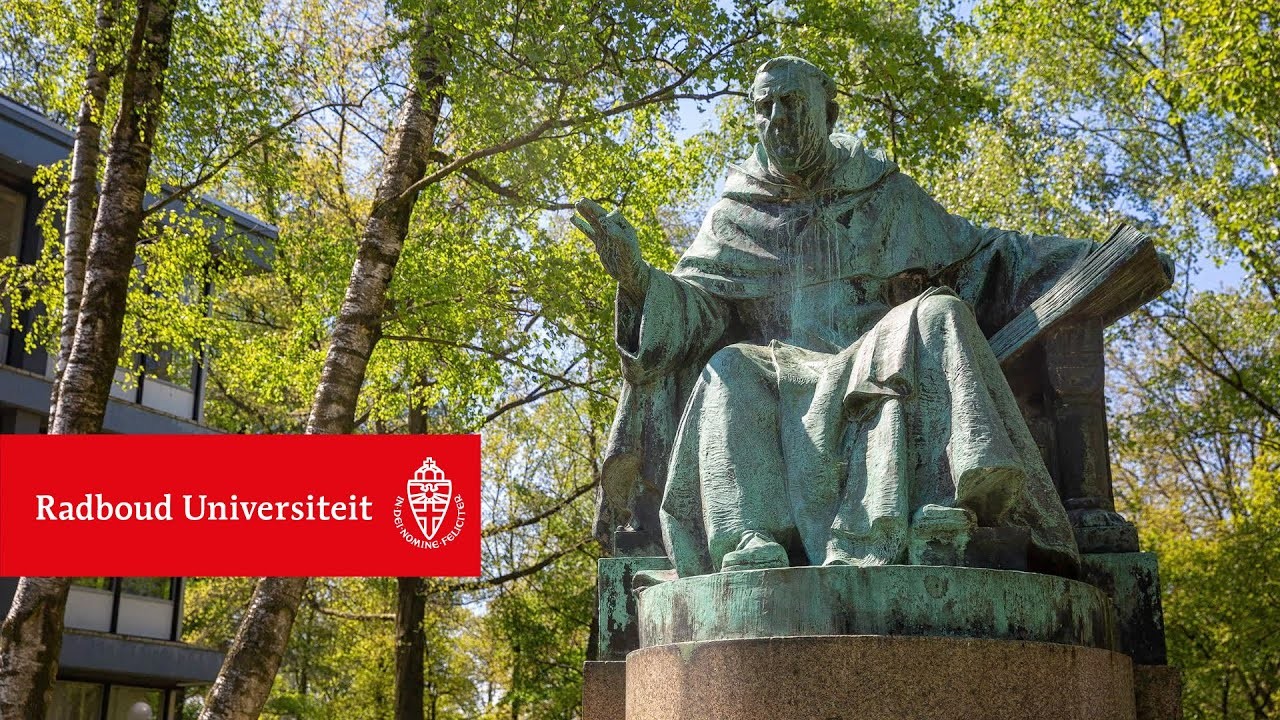It is the end of November 2024. The final weeks of the active year in Nigeria are upon us. As of week 50, not much is going to happen and everyone is eagerly looking forward to Christmas. So it is time for a little reflection and perhaps I will dare to look ahead to 2024.
The past few months have been very drastic for the average Nigerian. The taking office of the new president and his cabinet immediately led to the implementation of very drastic (but much needed) measures that hit everyone very hard. I have mentioned the huge inflation rates many times before, but now that this has been topped by a staggering devaluation of the national currency, it really is poverty. In barely six months, the Naira has experienced a free fall that we have really only been used to in recent years from countries like Zimbabwe and, to a lesser extent, Turkey. It depends a bit on which rates you look at and believe, but devaluation rates of over 60% I have already seen pass by. The fact is that the parallel market (within which the Nigerian has to do his shopping on the street), showed a rate of N740 to a dollar in June 2023 and this morning the dollar was already well above N1.150.
These are figures beyond the comprehension of an average Dutchman. This is particularly evident if we examine the discussions in the past Dutch election campaign. I followed this one with interest, if only because as an expat I am only allowed to vote during the 2nd chamber elections. What struck me in all the election rhetoric was the frequent use of the word“livelihood security. Besides the nice Scrabble word value of 32, this is a label I cannot pinpoint for myself. So who exactly determines what livelihood security is? Can you measure that? Against what minimum is this so-called security then weighed…andfinally you get me. A very long time ago, I spent a blue Monday bumping into the Faculty of Law in Nijmegen. Even then it struck me that the most important subject taught to our budding lawyers is ethics and philosophy. In other words, what gives me the right to impose a legal framework on another, and who or what determines that framework?

The law faculty at my Alma Mater provides the definition,“Law approaches relationships with a strong emphasis on interests to be claimed. Ethics emphasizes divided values, care and compassion. Law concerns rules of general scope. In ethics, matters are highly context sensitive.’ I have always believed that the 2 are inseparable and interests to be claimed cannot be separated from an ethical context. So the idea that there is a difference between them and one can be separated from the other puzzles me. Especially when you know that Thomas Aquinas himself overlooks the law school within Heyendaal estate, but you, the reader, may solve that puzzle yourself. #De regimine principum.
